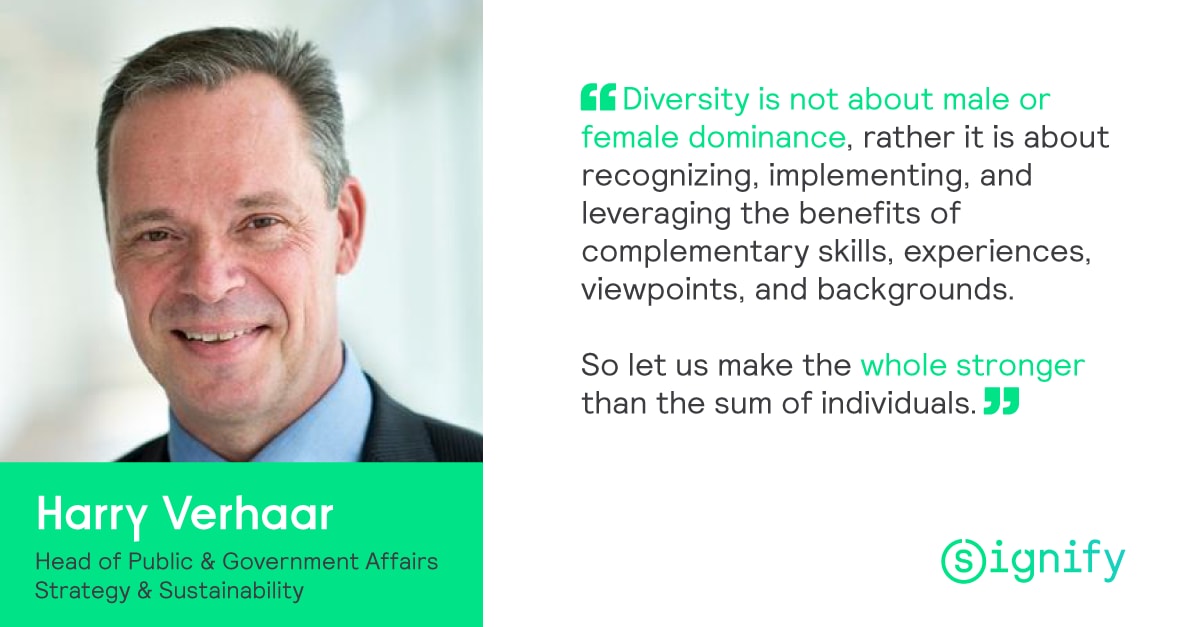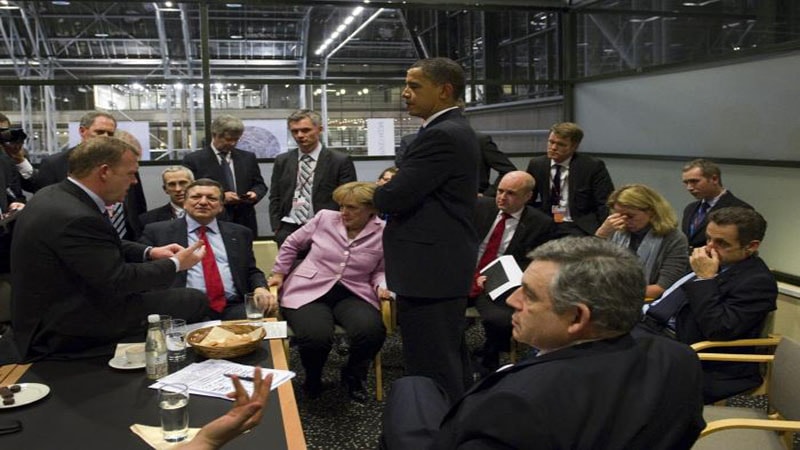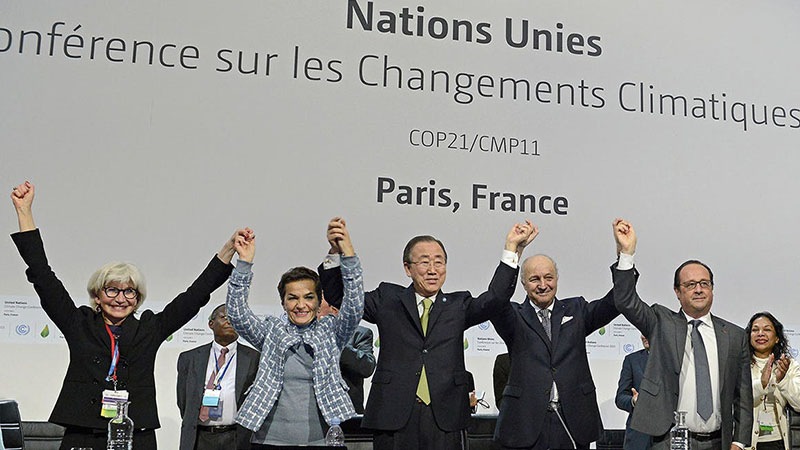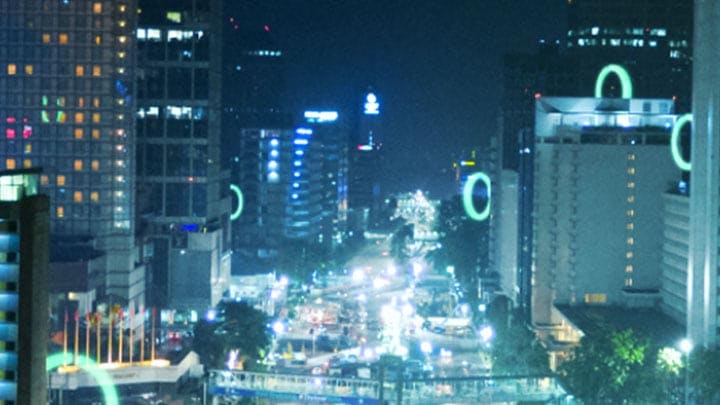July 25, 2022

With over 30 years in the lighting industry, Harry Verhaar has unique expertise combining technological knowledge like an MSc in Solid State Luminescence from the University of Utrecht with public and government affairs and sustainability. Currently, he's the Head of Global Public & Government Affairs at Signify, Chairman of the European Alliance to Save Energy, and the Corporate Leadership Group Europe. His humble and energetic personality combines perfectly with his passion for finding solutions against climate change to brighter lives for a better world.
In this interview, and as one of our DE&I Champions, he enlightens us on how Diversity, Equity, and Inclusion play a major key in relevant topics like climate change action.
A question I've heard and have asked is, have you ever wondered how diversity became key for tackling climate change? A way to understand the logic and power of diversity is to view this as leveraging complementary skills, experiences, and viewpoints, thus making the whole stronger than the sum of the individuals.
Did you ever wonder how diversity plays a role in the many areas and interests of human life? Would a soccer team be successful if it put 11 defense players or 11 attackers on the field? Your immediate answer would be no (and why ask such a stupid question). Would a family be successful – or pleasant to live in - if it didn’t consider the relevance of different ages and generations? Imagine a company or department where the person in charge would only hire clones of themselves. We would quickly imagine this to turn into a ‘yes-sayers’ team set up for failure.
There are so many areas in life where we know a lack of diversity would be detrimental to the outcome and potentially lead to disaster. One example that I would like to share even has a decisive impact on the future of humanity and has to do with global warming.
After a few years of increased attention early this century, the world had high expectations of the COP15 climate change conference in 2009 in Copenhagen. Seventeen years of climate negotiations had to culminate in a global agreement to reduce greenhouse gas emissions and 'save the planet.'. At the end of two weeks of intensive negotiations – for which a record number of 115 world leaders joined – final negotiations went through the night, and no deal was agreed.
I was in Copenhagen representing Signify, back then Philips Lighting, and remember the shock caused at the conference and through the media worldwide. It is insightful to look at the very low diversity that participated in that final nightlong negotiation round. Essentially, only middle-aged male leaders were in the room, with Angela Merkel being the only female country leader.

They could not reach a deal. There was far too much attitude of "we will do more if we get this or that," with the "this" or "that" being lower commitments, free IP, financing, or anything else as a tradeoff. Perhaps a way of negotiation was more programmed in the male DNA.
It took the process several years to get back on track, and the next decisive climate change conference was COP21 at the end of 2015 in Paris. Today we remember this was an unprecedented moment that world leaders – and all 195 UN members – agreed to jointly address climate change for reasons of common interest, and the “Paris Agreement” was the global deal that is still subject to intense follow-up today.

A critical difference was that a more significant number of women were in leading positions. In the picture, Christiana Figueres (2nd from the left) led UNFCCC, the UN climate organization, and Laurence Tubiana (on the left), the lead negotiator for France, the host country of COP21.
There was more diversity in leadership with women at the World Bank and other UN entities. In a small event, close to the end of COP21, we reflected that these women leaders drew the attention of all participating countries to the relevance – and benefits – of agreeing and acting in a common interest.
I had a chance to speak and share these views and vividly remember the wave of emotions that went through that room and that you could see bursting out into joy the next day when the Paris Agreement was born.
Signify (Euronext: LIGHT) is the world leader in lighting for professionals, consumers and the Internet of Things. Our Philips products, Interact systems and data-enabled services, deliver business value and transform life in homes, buildings and public spaces. In 2023, we had sales of EUR 6.7 billion, approximately 32,000 employees and a presence in over 70 countries. We unlock the extraordinary potential of light for brighter lives and a better world. We have been in the Dow Jones Sustainability World Index since our IPO for seven consecutive years and have achieved the EcoVadis Platinum rating for four consecutive years, placing Signify in the top one percent of companies assessed. News from Signify can be found in the Newsroom, on X, LinkedIn and Instagram. Information for investors is located on the Investor Relations page.
